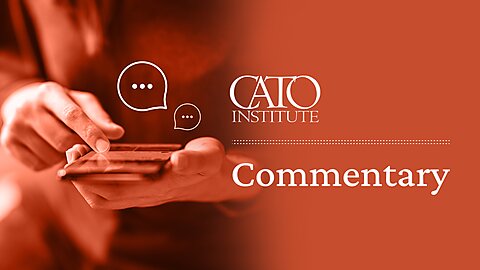
David Boaz
Ideological labels are challenging. They change over time. They often originate as terms of abuse for one’s opponents. The proto‐liberal Levellers in the mid‐1600s got their name from critics who accused them of wanting to “level” society, rather than simply to establish equal rights. Both “Whig” and “Tory” were originally used to criticize their opponents in the late 17th century. These days, what do conservatives want to conserve? Are liberals still liberal?
Still, labels are a way of making sense of the political world. And we should use them as carefully and accurately as we can. One linguistic confusion that’s been bothering me lately is the increasing use of “far right” in the mainstream media to refer to people with very different views. In a letter to the editor of the Washington Post, I urged journalists to recognize the stark differences between libertarians and the “far right”:
Post reporters frequently use the term “far right.” But I wonder whether they might be more discriminating.
Take the Nov. 26 news article “Dutch vote shows far right rising, transforming Europe.” It called both Argentine President‐elect Javier Milei and Dutch Party for Freedom leader Geert Wilders “far right.” But Milei is a free‐trader who wants to downsize a bloated Peronist government that has brought Argentina 80 years of economic decline. He wants to legalize organ markets and supports same‐sex marriage. True, he’s antiabortion, but it’s not exactly extreme to hold a position that almost half of Americans hold (if you include both no abortions and some restrictions). Meanwhile, Wilders’s party says this: “The Netherlands is not an Islamic country: no Islamic schools, Qurans or mosques.” He has shown no interest in smaller government. In fact, given what I can see, I might call Milei liberal and Wilders illiberal. Are those candidates and parties really the same movement?
The Post has sophisticated readers. They can make distinctions if reporters will lay them out. It seems facile to lump every challenge to the social democratic establishment as “far right.”
For more on these issues, see “A New, Old Challenge: Global Anti‐Libertarianism” and “Rejecting Equality Means Rejecting Libertarianism.”





